Data Scientist Vs. Data Engineer: Difference, Career Scope, Salary & Course in 2026
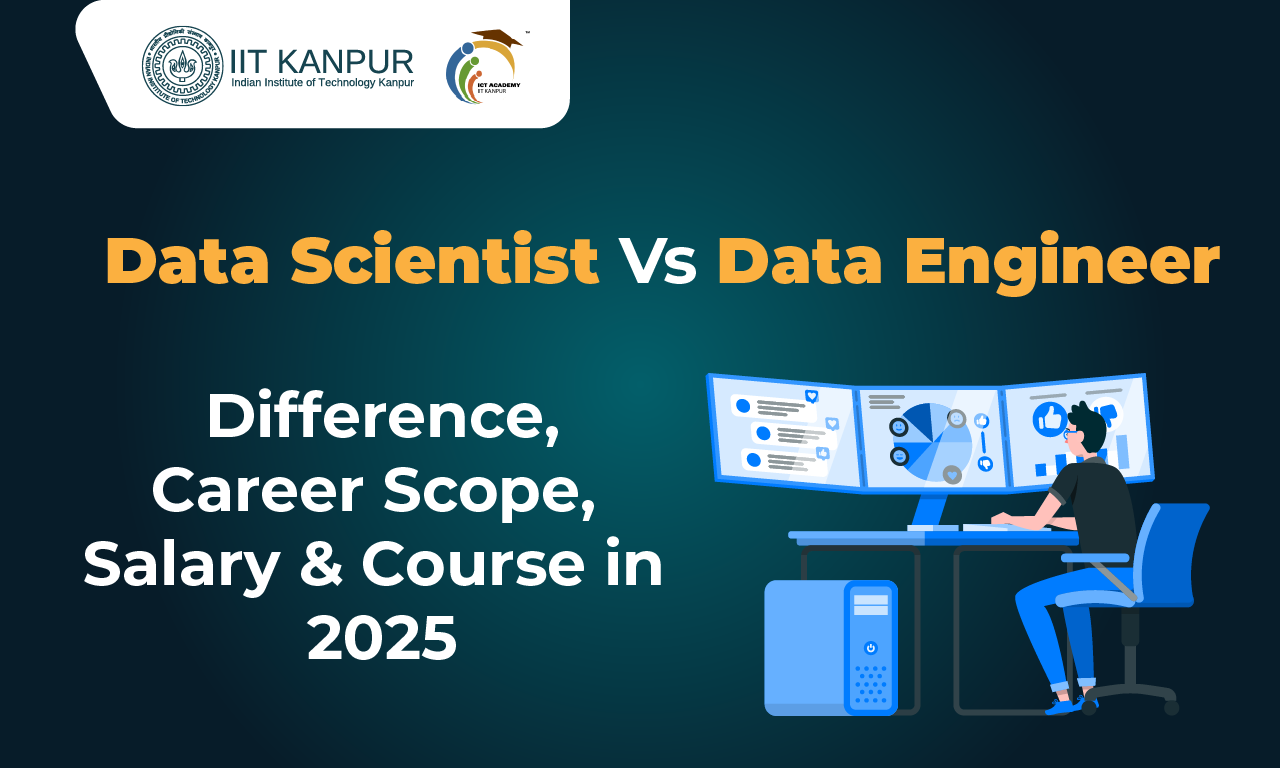
Data Scientist vs Data Engineer: An organization would substantially benefit from hiring the proper specialist to transform raw data into informative conclusions.
Data Scientists use predictive models to analyze data and provide insights for decision-making, whereas Data Engineers build and maintain clear infrastructure for efficient data processing and storage. Each position has a significant role in data operations.
However, as AI, machine learning, and big data technologies continue to advance, the surge of these positions will take over in 2026. For employment in this fast-growing industry, a Data Scientist and a Data Engineer are defined not only by their expertise but also by their functioning.
Looking to take your career to the next level with the best online data science course? The EICTA IIT Kanpur Online Data Science Course provides top-notch training from experts, practical project experience, and mastery of industry tools. Earn a valuable IIT Kanpur certification and open doors to exciting career opportunities!
Data Science vs Data Engineer Differences
The positions of a Data Scientist and a Data Engineer frequently intersect in data-centric industries, yet they possess unique responsibilities and areas of focus. The following points explain the key differences between the two:
What is Data Science Role?
The field of data science derives meaningful insights from extensive datasets by using sophisticated techniques such as statistical analysis, machine learning, and specialized domain knowledge.
Also Read: How to Learn Data Science from Scratch in 2026
Crucial domains consist of AI-enabled technologies, forecast modeling, and data visualization. Data scientists are vital in examining trends, enhancing processes, and guiding decisions in finance, healthcare, and retail, among other sectors.
What is Data Engineer Role?
The field of data engineering centers on building systems for reliable data storage and streamlined processing. Data Engineers design strong data pipelines, manage databases, and guarantee scalability for analytics.
Also Read: Artificial Intelligence in Data Science
Key Data Scientist vs Data Engineer Differences
| Aspect | Data Scientist | Data Engineer |
| Focus | Analyzing and interpreting data for insights. | Building and maintaining data infrastructure. |
| Responsibilities | Data analysis, machine learning, predictive modelling. | Data pipelines, ETL processes, data integration. |
| Skills | Statistics, machine learning, Python/R. | SQL, Python, Hadoop, Apache Spark. |
| Tools | Jupyter, Tableau, Scikit-learn. | Hadoop, Kafka, AWS, Airflow. |
| Output | Insights, reports, models. | Clean, organized datasets. |
| Output | Solving business problems with data. | Ensuring data reliability and availability. |
Career Scope and Salary in 2026
The job profile for Data Scientists vs Data Engineers in 2026 is promising, as both positions are anticipated to experience ongoing expansion driven by developments in AI, cloud technology, and big data.
Here’s an overview of potential opportunities and income expectations:
Data Analyst
With the rapid evolution of AI and machine learning, there is always a need for data scientists to design prediction models and interpret large amounts of data.
- Data Scientists are also in demand in the banking, healthcare, and retail sectors for enhancing decision-making and automating processes. As companies start adopting data-centred methods that allow great scaling, this profession is expected to grow positively.
- Career Outlook: Data scientists have excellent prospects, especially with the growing interest in AI-based analytics and auto decision-making systems.
Also Read: Data Science Interview Questions
Data Engineers
The need for data engineers will rise as companies expand their data infrastructure to accommodate more significant data volumes and integrate AI.
- Cloud computing and big data innovations will create a demand for skilled engineers capable of developing and sustaining efficient data pipelines (data engineer expertise).
- Career Outlook: Demand for Data Engineers will persist as the basis for data-driven processes expands throughout various sectors.
Both alternatives offer prospects for career progression, with salary decided by a combination of experience, location, and talents. Understanding the differences between data scientists and data engineers, as well as data science and data engineering will assist individuals in making informed decisions about their data professions.
Also Read: Python Libraries for Data Science
How to Become a Data Scientist or Data Engineer?
To enter the fields of Data Science or Data Engineering, one needs a mix of education, hands-on experience, and certifications. These are the crucial guidelines to stick to:
- Education
It includes a suitable degree in computer science, statistics, or a related field. Aspiring Data Scientists must be familiar with machine learning, artificial intelligence, and statistical analysis.
- Certifications
Obtaining certifications can greatly improve your qualifications. For Data Scientists, taking courses like a Data Scientist Course or obtaining certifications from reputable platforms will be beneficial.
- Acquiring Experience
Hands-on experience is essential. Begin with entry-level data scientist positions or internships to utilize your theoretical insights in practical situations. For Data Engineers, seek positions centered on constructing and overseeing data pipelines (data engineer expertise).
- Important Courses
Investigate targeted programs in AI, and machine learning, to develop data engineer skills and improve your employment opportunities in 2026.
By adhering to these steps, you’ll be on the right track to building a successful career in Data Science compared to Data Engineer positions.
Best Data Engineering Vs. Data Scientist Course to Pursue in 2026
If you aim to establish a solid base in Data Science or Data Engineering, 2026 presents various courses that will aid you in gaining essential data science skills. Here are three top-rated courses for individuals looking to become Data Scientists and Data Engineers:
1. Professional Credential in Data Science
This data scientist course aims to deliver an in-depth comprehension of data science, covering everything from basic principles to sophisticated machine learning methods.
- Timeframe: 84 hours (3.5 months on weekdays, 6 months on weekends)
- Main Subjects: Python, machine learning, data visualization, and forecasting models.
- Results: Acquire data science expertise, engage in practical projects, and convey findings effectively to stakeholders.
- Eligibility: Available to everyone, no prior programming knowledge necessary for data science eligibility criteria
Career Assistance: Job placement support and practice interviews.
2. Professional Data Engineering Certificate
The data engineering course emphasizes creating the framework that enables data processing, guaranteeing that data is gathered, stored, and processed effectively.
- Length: 87 hours (3.5 months on weekdays, 6 months on weekends)
- Main Subjects: Cloud services (AWS, Azure), big data tools, ETL workflows, and live data streaming.
- Results: Acquire skills to create scalable data architectures and oversee data workflows.
- Eligibility: Appropriate for both undergraduates and postgraduates.
- Career Assistance: Help with placement in job profiles of data scientist and data engineer
3. Professional Certificate in Data Science by IIT Kanpur
IIT Kanpur provides this Professional Certificate Course in Data Science under the Ministry of Electronics and Information Technology (MeitY). The program aims to deliver an in-depth understanding of data science concepts, AI, and new technologies.
- Duration: 11 months (25+ hands-on projects)
- Key Topics: AI, machine learning, NLP, Python, and TensorFlow.
- Outcomes: Learn cutting-edge technologies like AI data science and advanced data science techniques.
- Career Support: Mock interviews and career guidance.
These courses offer practical skills and industry support to boost your data scientist 2026 career.
| Related Data Science Articles | |
|---|---|
| Data Science Tools | Digital Marketing Scope |
| Personalisation in Digital Marketing | Power of Social Media Analytics |
Wrapping Up
Data scientists and engineers collaborate to analyze and manipulate data. Data Scientists extract and analyze large datasets to develop predictive models and derive actionable insights, whereas data engineers manage the infrastructure that controls data processing and cleansing.
Whichever career you select must consider what you’re most interested in: Data science is for data analysts and machine learning enthusiasts, whereas data engineering is for system designers and infrastructure experts.
As the demand for AI and big data increases, both positions provide solid career opportunities for data scientists in 2026, making them ideal selections for upcoming professionals.
Recommended Courses
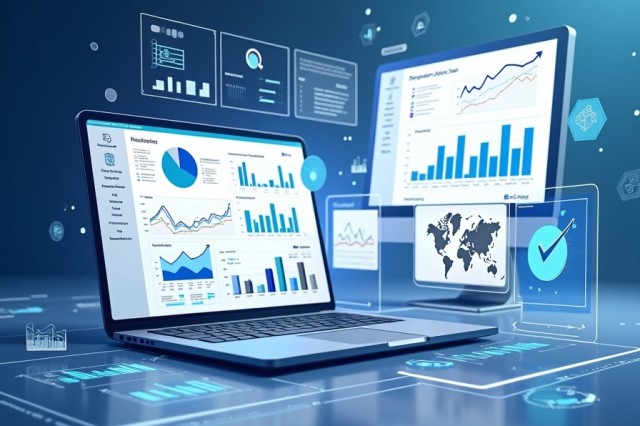
Advanced Excel with Data Visualization
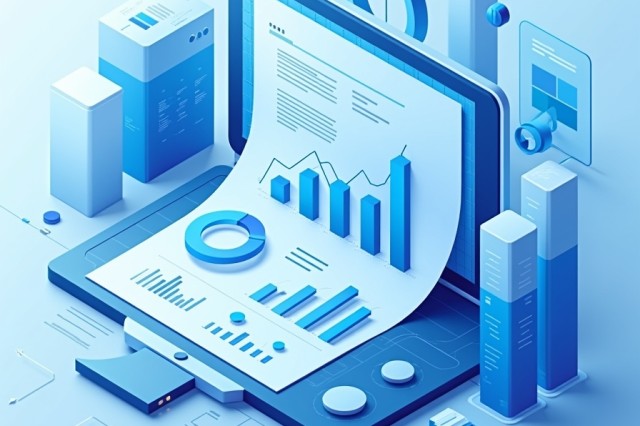
Data Analytics Essentials
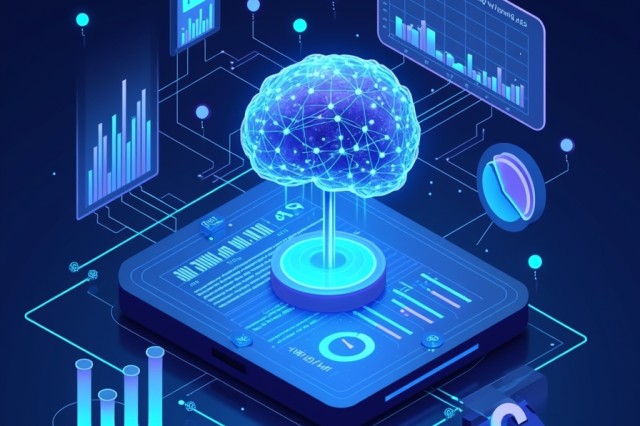
Data Analytics using AI

Data Visualization with Excel and Power BI

Professional Certificate Course in Data Analytics and Generative AI
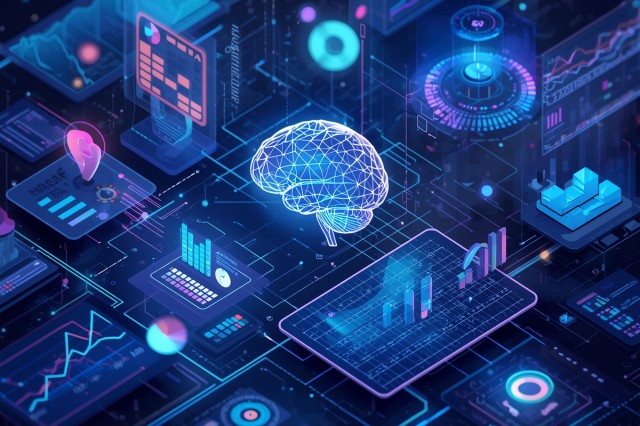
Professional Certification in Generative AI & Business Analytics



